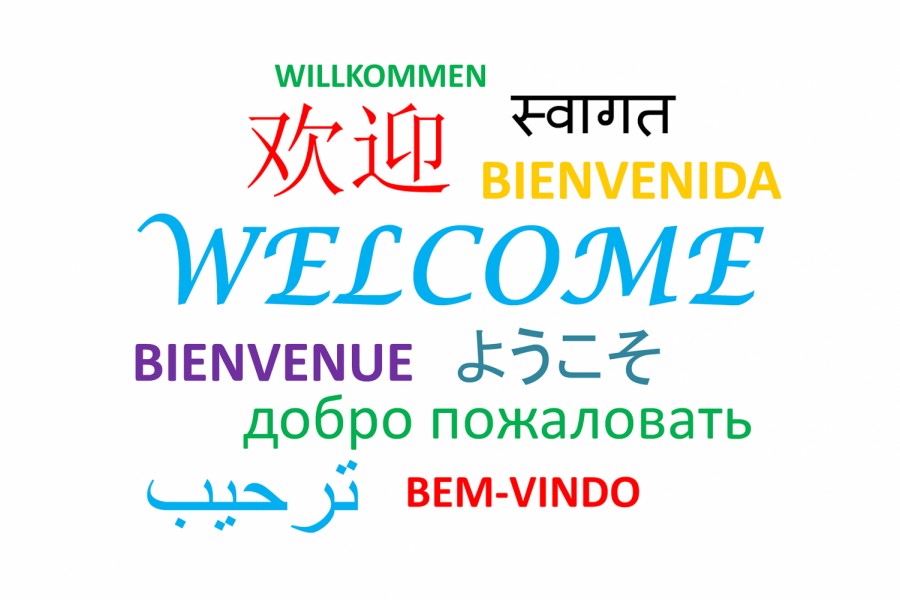Knowing more than one language is cool!
October is Celebrating the Bilingual Child Month, a chance to honor the youth who know two or more languages, recognizing the way that bilingual or multilingual children serve as a bridge between different cultures.
Some believe that it is easier to learn a second or third language at a young age and parents are encouraged to develop this skill with their own children. Being bilingual helps teach children more about other cultures and customs and it teaches children to be more open-minded about the differences between cultures.
There are many methods to learning a new language and being able to teach children with these methods.
● One Person One Language (OPOL): One parent speaks one language and the other a different language. Known for being the best method and provides regular exposure to both languages.
● Minority language at home (ML@H): The minority language is spoken at home, a language that is not the same as the country/location residing in. Children learn their native language outside of home.
● Time and Place (T&P): One language is spoken in the mornings/another language in the afternoon and/or certain languages on certain days. This is common in bilingual schools.
● Mixed Language Policy (MLP): A different language is used depending on situations.
● Two Parents, Two Languages (2P2L): This is an approach for bilingual parents. Each parent can speak to the child in two different languages.
These methods have been proven to help teach young children new languages and get them used to speaking it. In your household, this might be something that can be done with your siblings and your parents throughout the month of October.
Celebrating the Bilingual Child Month is a great opportunity for teachers, asking a student to talk about his or her language and culture, or watching a bilingual movie. It might even be a good time do a research project about different cultures and languages.
There are so many benefits to being bilingual. In addition to translating between people, it also comes in handy when traveling and knowing the language of the country being visited. It’s an amazing feeling when people realize you know and speak their home language!
Being bilingual helps expand the attention span and stimulates the brain. Learning to be bilingual at a young age helps children explore their world and, sometimes it is fun to try new things in different things. Being bilingual is also major plus and gives you more opportunities for employment.
Without consistent practice, one language may become dominant, so consistent practice is beneficial. Maybe try picking up a new language while you’re home during Shelter-in-Place. Try listening to some music or reading books in another language or even watching movies in foreign languages. There is so much more to the world that meets the eye, and this celebration should include you!

Isabella is a staff writer for the Armijo Signal. She enjoys reading, listening to SPM and watching netflix. She isn't much of an artist but she is very...
